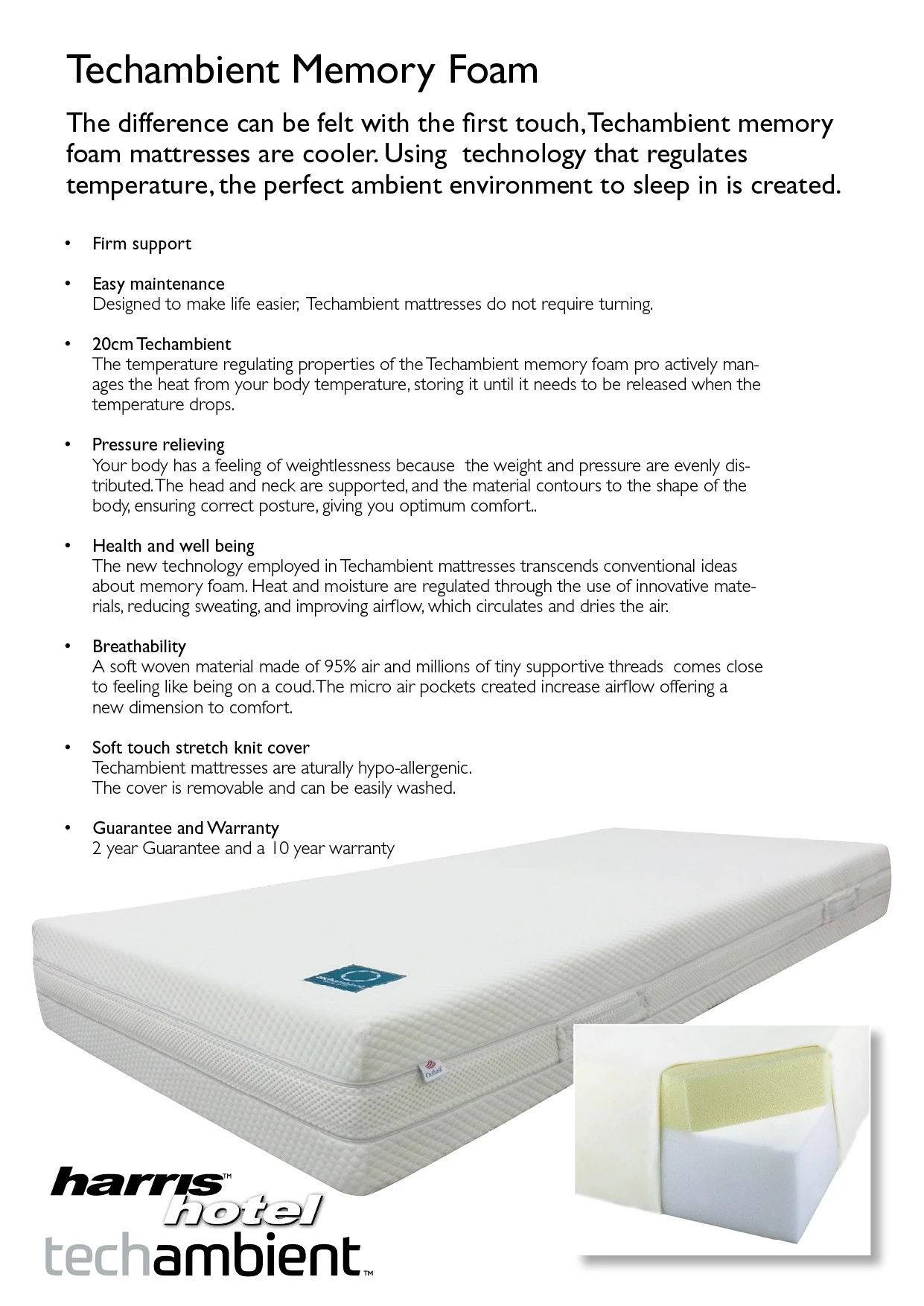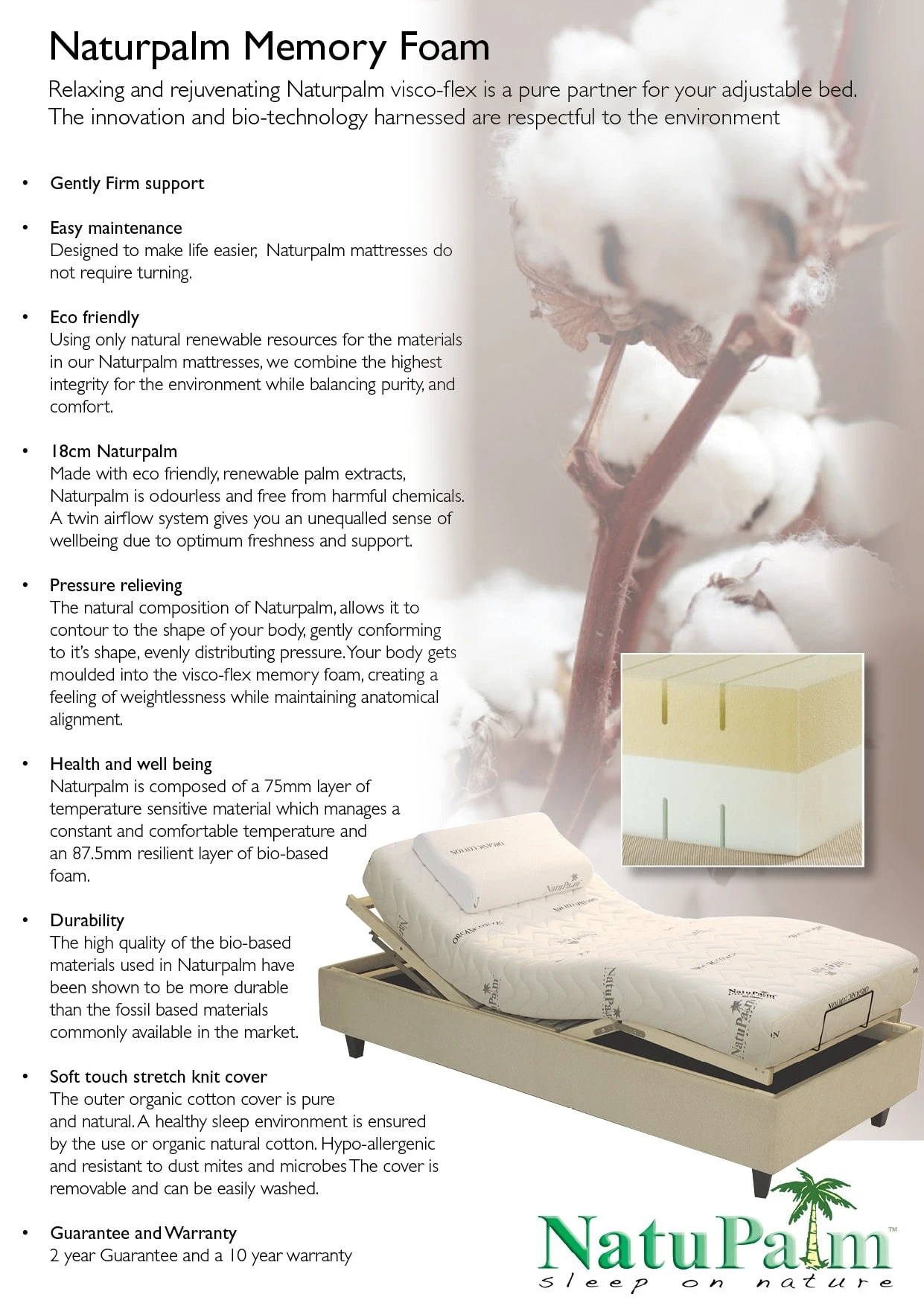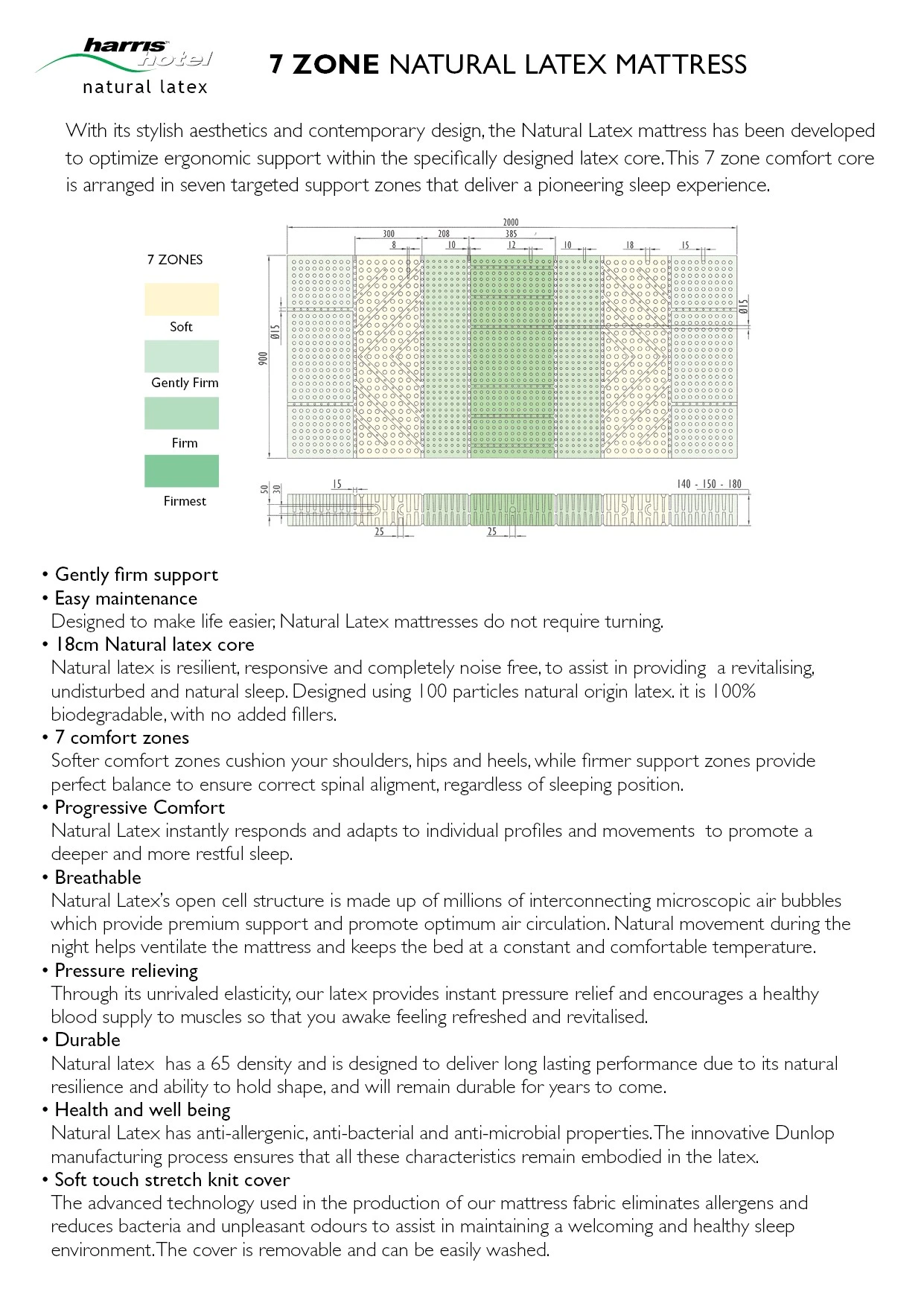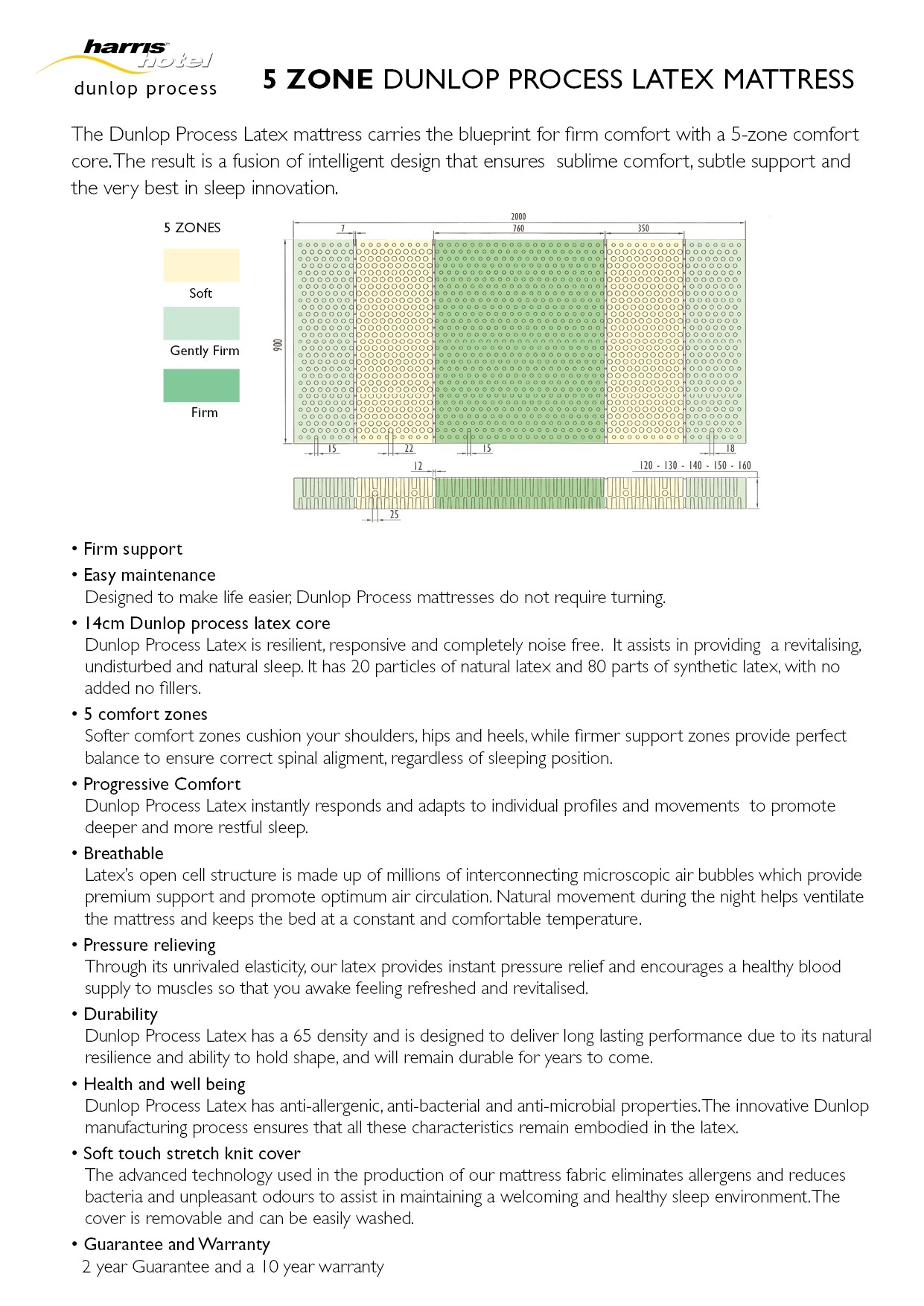In the quiet pursuit of a good night’s rest, many people find themselves plagued by unwelcome nighttime allergies. From sneezing fits to itchy and watery eyes, like they’re at a sad movie marathon, these discomforts can disrupt sleep and leave one feeling groggy and irritable the next day.
But what exactly is causing these bedtime allergies? Could your mattress be to blame? And how do you care for your bedroom or find a mattress for allergy sufferers to prevent these awful reactions?
Common Causes of Nighttime Allergies
Sometimes, nighttime allergies have nothing to do with finding the right mattress for allergy sufferers. According to the Allergy Foundation of South Africa, the most common allergic conditions are eczema, asthma, hay fever, food allergies and anaphylaxis – all serious reactions to regular, everyday external catalysts.
Dust Mites
Imagine tiny creatures partying on your mattress – dust mites love to do just that! These microscopic critters thrive in warm, humid environments, feasting on dead skin cells (yuck!). They’re a common culprit of why your mattress me be causing you allergies.
Pet Dander
Many South Africans share their beds with beloved pets like cats and dogs, unaware that their fur can harbour allergens such as pet dander. Even if you’re not allergic to pets during the day, sleeping in close proximity to them can trigger allergies at night.
Dust
No, it’s not just something you sweep under the rug! Dust particles accumulate over time, especially in older, neglected mattresses and bedding. Dust contains various allergens, including pollen, mould spores, and skin flakes. These particles can aggravate allergic reactions, particularly respiratory issues like asthma and hay fever.
Moulds
If your bedroom feels more like a sauna than a sanctuary, you might be unwittingly cultivating a mouldy mattress. These sneaky fungi thrive in warm, damp environments, which makes your bed their ideal vacation spot if your bedroom is overly humid, if you’re prone to night sweats, or if you lay your bedroom directly on the floor.
Chemicals
Is your mattress toxic? According to the Environmental Working Group, mattress manufacturing relies on a variety of chemicals, from flame retardants and adhesives to polyurethane, which means your mattress may be harbouring a cocktail of compounds that could trigger allergic reactions.

Caring for Your Bed and Linen
Your bed should be a place of comfort and relaxation, not a source of discomfort, illness and irritation. If you suspect that your mattress is contributing to your nighttime allergies, it’s essential to take proactive steps to address the issue. Here are some tips for caring for your bed and linen to prevent allergies:
Keep your sleeping area clean
Vacuum your mattress and pillows with a high-quality vacuum cleaner regularly to suck up dust mites and their debris. Bear in mind that vacuuming can stir up dust mites, increasing their allergenic potency for up to 20 minutes! Be sure to open doors and windows and keep severe allergy sufferers out of the room for an hour or two. Wash your linen every week in 60°C water to kill dust mites and remove other allergens from your mattress. (Note that cold water removes around 90% of dust mites, but the surviving population will recover faster than you can say “achoo”.)
Invest in Allergy-Proof Covers
We encourage those suffering from nighttime allergies to encase their mattress, pillows, and duvet in allergy-proof covers. These are designed to create a barrier against allergens and provide protection against a significant 99% of mites, animal dander and pollen.
Increase your efforts if you have pets
As much as you love cuddling up with your furry friends, their dander could be triggering your allergies. We know it’ll hurt your heart to keep your fur-children from romping over your bed, so if you can’t bring yourself to keep pets out of the bedroom, you’ll need to double down on mattress and linen hygiene.
Choose Hypoallergenic Materials
To reduce the risk of allergic reactions, opt for linen, bedding, and mattresses made from hypoallergenic materials like latex, cotton, and wool.
Remove carpets and rugs
We know you love your designer rug, and carpets can make a room feel warmer in winter. They also harbour dust, pollen and other allergens, so for people who are prone to hay fever, itching or other allergic reactions, hardwood floors or washable rugs are far safer options.
Keep It Dry
Moisture is mould’s best friend, so keep your bedroom well-ventilated. Air out any spills or dampness on your mattress, sheet or bedding, and invest in a dehumidifier if necessary.
The Benefits of a Hypoallergenic Mattress for Allergy Sufferers
In the quest for waking up feeling well, choosing the right mattress for allergy sufferers can make a significant difference. Because of its natural origins, we believe in the power of latex.
Latex mattresses are increasingly popular for their extreme comfort and durability. They’re also associated with hypoallergenic and low-maintenance qualities. For example, the Fit for Bed Hotel Harris latex mattress range provides superior support and comfort while minimising allergen exposure.
All Hotel Harris latex mattresses are treated with aloe vera, which naturally has antibacterial, antimicrobial, and antiseptic properties. This makes them an excellent choice for people with year-round allergies or anyone with allergic reactions to memory foam mattresses.
Breathability
Unlike traditional mattresses, which trap heat and moisture, latex mattresses are breathable and allow for better airflow which is bad news for dust mites and mould spores looking to crash the party.
Durability
Latex mattresses are known for their longevity, meaning fewer mattress replacements and less exposure to potential allergens from deteriorating materials, or brand-new mattress chemicals.
Quality Cotton Linen
Cotton is breathable, hypoallergenic, and easy to clean, making it an excellent choice for bedding. High-quality cotton linen feels soft against the skin and helps regulate body temperature, promoting a comfortable sleep environment. Pairing your latex mattress with quality cotton sheets and pillowcases enhances your sleep experience and reduces the risk of allergic reactions during bedtime.

Latex Mattress for Less Allergies
While nighttime allergies may seem like an unbeatable foe, armed with the right knowledge and the right mattress for allergy sufferers, you can reclaim your sleep oasis and enjoy restful nights once more – with fewer sneezes and more Z’s.
At Fit for Bed, our wide Harris Hotel category offers a wide range of latex foam mattress designed to prevent allergen exposure. Contact us to receive expert assistance from one of our professional in-store consultants.












